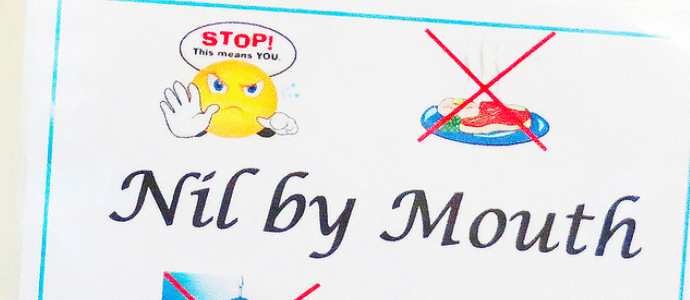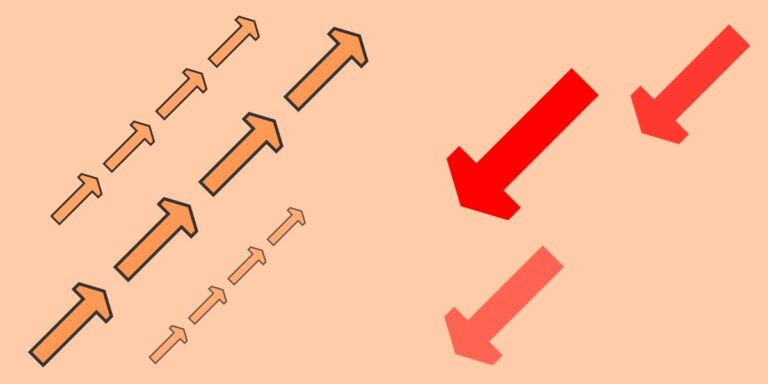If you’ve ever been on the job market, you know how many job applications you can end up filling out and submitting. Sometimes the entire process takes months or even years to culminate in the right job offer! It can be overwhelming to keep track of what you applied for and when. This is especially apparent when you finally get a call about something you applied for ages ago and you can hardly even remember what the job entailed!
Below are our tips for organizing job applications, which can go a long way in helping you get the job of your dreams!
- Create job-specific folders on your computer. Having folders for each job is an easy way to organize applications. Name folders based on the company and position applied for (e.g. BetterBugs, Microbial Analyst I). You can also organize folders by the dates you applied. This way, you can quickly and easily locate job-specific application information.
- Within that folder, include a copy of the original job posting in whichever format is easiest, e.g. a word document or HTML file. This is more important than you might initially realize! You likely won’t be able to view the original posting by the time you are contacted for a position, since postings are taken down soon after the application deadline. Don’t fall into a common trap where you forget what the heck you applied for, the details of the job and its requirements, and more! This becomes critical when you apply to many jobs over a long period.
- In that same folder, include copies of your CV, resume, cover letter, or other documents you used to apply for the job. If you are doing it right, you should have many versions of these documents that highlight your various skillsets and strengths in various ways. In other words, should tailor applications to the positions you apply for! Keeping track of these job-specific documents helps to prepare you for interviews, because interviewers often ask for details about specific items on your resume or in the cover letter you send.
- If you have connections at the company/university that you applied to, include their contact information and any other notes on networking. For example, you might have met an employee at a conference and told them you were interested in their work. A good idea would be to write a brief, 1-2 sentence summary of the discussion as well as their contact information as you are applying for jobs. It very well may be the case that you could discuss this connection at an interview, or better yet, meet them again during the interview itself!
- If you get a call from a potential employer, keep a paper and pen handy. While some companies send emails to contact interviewees, many prefer speaking over the phone initially (I can personally vouch for this). Don’t be taken by surprise- write down any pertinent information about the position that may be discussed so that you can prepare for a full interview later. Jot down questions that you think of throughout the phone call such as details about the department, how it fits into the company, or other responsibilities included in the position. Make sure to ask about who will be present at the interview. This shows genuine interest in your potential future colleagues and helps you to prepare by finding out a little about them before you meet. LinkedIn or ResearchGate are great for finding out about people’s professional interests. Beware of using a computer during phone calls- typing is easy to hear across a phone and could come across as rude!
- If you’re working with a recruiter, keep a file that includes discussions you have had about desired positions. These might include your target salary and geographic location, any benefits you are looking for, and companies that the recruiter works with. Update this document as these criteria change. A quick note on target salary range: have this info handy both in dollars per hour as well as annual salary. A friend of mine had an ideal salary in mind but when asked by a recruiter how much she wanted to make per hour, she was not ready and hastily gave a much lower number than would have been the case if she had prepared and calculated what her annual salary would be equivalent to per hour.
- Consider using an Excel spreadsheet to monitor the status of applications. If you are working on many simultaneously, you can color code job applications as “in progress”, “follow up”, “job closed”, etc.
- Finally, keep a schedule- and stick to it! If you are prone to procrastination, set aside time every day to make some progress, especially if you have a deadline to meet. Block out time to search for jobs, write cover letters and other supporting documents, and fill out lengthy application forms.
It may come as a surprise to find that the seemingly simple process of searching for postings can be quite lengthy in itself. While automated searches and email alerts can expedite the process, I highly recommend doing a manual search. Changing seemingly small terms in a job search (i.e. lecturer to instructor or teacher) can reveal postings you might not otherwise have seen. And spending time actively looking at postings will give you a sense of what is out there and typical requirements for positions like the ones you are looking to apply for. Are there recurring themes in similar positions or skills that you can easily pick up while doing your job search? Are there alternative careers that strike your eye? As a rule of thumb, look through postings at least once a week if you are aiming to get a new job within a year since the interviewing and hiring process can sometimes take several months.
Bonus Tip: Apply for Jobs That Seem a Little out of Reach
Even if you don’t have 100% of the experiences or skills given in a job posting, consider applying anyway provided you meet at least the top two or three criteria. For example, a posting might include “the candidate will ideally have proficiency coding using these twelve programming languages”. There is a reason that the post says ‘ideally’ and not ‘must’! Companies often use job postings to create a wish list of skills that only the most perfect applicant would possess. Adopt the perspective that applying for a job where you might need to learn a few more competencies can help you to grow and advance your career. If you land an interview, you can discuss how you are excited to pick up new skills and apply them in your new position.
Applying for jobs can be a big project- stay organized to give yourself the best chance at success!
What tips or techniques do you use when applying for jobs (or scholarships and grants)?







